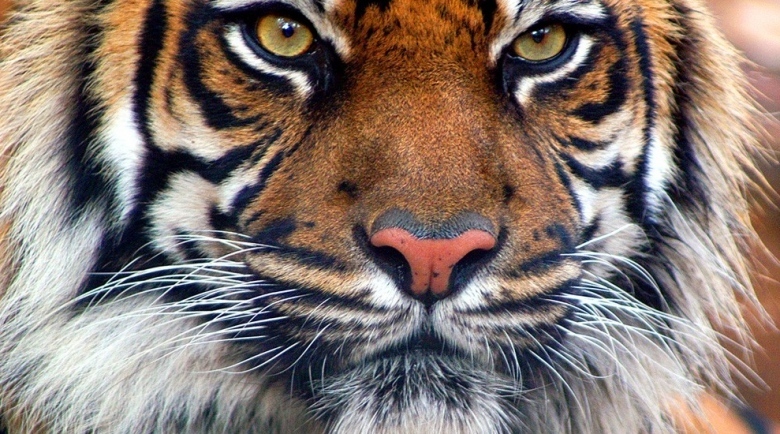
Three quarters of the world’s big carnivores – including lions, wolves and bears – are in decline, says a new study. A majority now occupy less than half their former ranges according to data published in the journal, Science.
The loss of this habitat and prey and persecution by humans has created global hotspots of decline. The researchers say the loss of these species could be extremely damaging for ecosystems the world over. The authors say that in the developed world, most carnivorous animals have already succumbed to extinction.
When they looked at 31 big meat eaters, they found that they were under increasing pressure in the Amazon, South East Asia, southern and East Africa.
"Globally, we are losing our large carnivores," said lead author Prof William Ripple from Oregon State University.
"Their ranges are collapsing. Many of these animals are at risk of extinction, either locally or globally."
The researchers say their work highlights the important ecological role of many of these carnivores. When they looked at wolves and cougars in Yellowstone National Park in the US, they found that having fewer of these big predators resulted in an increase in animals that browse such as elk and deer.
While this might seem like good news, the researchers found that the rise of these browsers is bad for vegetation and disrupts the lives of birds and small mammals, leading to a cascade of damaging impacts. Similar effects were seen all over the world.
